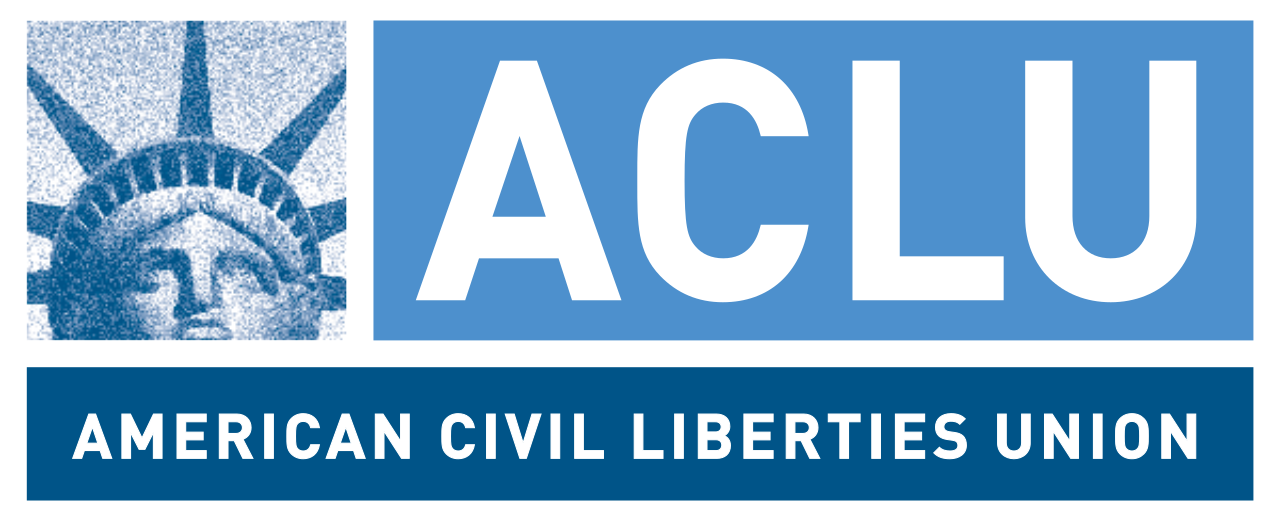 We used to face a simple either/or question in debt defense. Were you being harassed or sued by the original creditor? That’s the person who allegedly lent you the money in the first place. If so, you were dealing with a person who had better rights against you – but some concerns over public perception that could help you. If it was a “debt collector” who had bought the debt and had nothing else to do with you, you had better rights and a better chance of winning.
We used to face a simple either/or question in debt defense. Were you being harassed or sued by the original creditor? That’s the person who allegedly lent you the money in the first place. If so, you were dealing with a person who had better rights against you – but some concerns over public perception that could help you. If it was a “debt collector” who had bought the debt and had nothing else to do with you, you had better rights and a better chance of winning.
Various things have blurred the line somewhat, but it is still worth keeping the distinctions in mind. We have modified the materials in this article to reflect changed legal and practical realities.
How Debt Arises
Debt can arise in a number of ways. If you buy a club membership, for example, and then stop paying on it, the club is the original creditor. If you stop paying, the club will bug you for a while, and then they may send  the account to a debt collector to bug you some more. Eventually, they may sue you or sell the debt to another company. Whatever they do directly to you, however, they must worry about their reputation in the community, and harsh collections might reduce their sales.
the account to a debt collector to bug you some more. Eventually, they may sue you or sell the debt to another company. Whatever they do directly to you, however, they must worry about their reputation in the community, and harsh collections might reduce their sales.
Debt Collectors
Debt collectors, by contrast, lack that relationship with the consumer. Their only client is the creditor company or, if they have purchased the debt for themselves, their only loyalty is to their own bottom line.
The Supreme Court has made things a little tougher for debt defendants by holding that debt buyers are not, by that fact alone, now defined as “debt collectors” under the Fair Debt Collection Practices Act. Legally, a company can be a “debt collector” under the FDCPA if its “principle business” is the collection of debts. But otherwise a debt buyer isn’t necessarily a debt collector.
That sets up some practical distinctions. Debt buyers, whether or not they are “debt collectors” under the FDCPA, will have difficulty getting or using certain evidence in court. On the other hand, you have more and easier counterclaims against those who are defined as debt collectors.
At the same time, original creditors seem to have less control over their files than they used to, for whatever reason – thus our expectation that they would have the necessary records and be able to get them into evidence has often been challenged. Thus you would have a better chance defending against an original creditor than we originally believed.
Defending against Original Creditors or Debt Collectors
Defending yourself against
original creditors is not more difficult than against debt collectors, and the
legal process itself is basically the same. You have to do all the same things to defend yourself, from answering the
petition to showing up in court, responding to discovery, and going to trial if necessary. You’d do all the same things whether the person suing you is the original creditor or a debt collector.
But there are important differences.
If the original creditor suing you, the business records will not have changed hands, and that of course dramatically increases the chance that they still have them, although some companies routinely destroy old records. Also, you have some legal rights against debt collectors (under the Fair Debt Collection Practices Act) that you don’t have against the original creditors. So in general your chances of winning are less against the original creditors. But it can still make sense to fight the case.
Original creditors are in business to do their business, and they are not really designed to chase debt defendants. They don’t do it as efficiently as debt collectors–they typically hire their lawyers by the case, which is much more expensive than hiring lawyers to work on portfolios of loans.
Original creditors don’t like to sue you. Once they file suit, original creditors are much less likely just to walk away from the suit if you put up a struggle, but on the other hand, if you fight, you delay them and force them to spend money they hate to spend. You force them to divert their time and money away from their basic business, and they worry about the impression made on potential customers. Thus, by fighti
ng you may very well cause them to settle with you on much better terms.
So in conclusion, the materials you would use to fight debt collectors will still apply to your situation. They will give you the chance to probe the plaintiff to make sure they are willing to pursue you (sometimes they just drop the case if you fight), and they will increase your chance of getting a better settlement or of delaying the final outcome. But your chances of actually walking away from the debt are somewhat less when you’re dealing with the original creditor.
Whichever you’re facing, you should defend yourself. 
We suggest our materials and membership if you’re ready to do that on your own.


